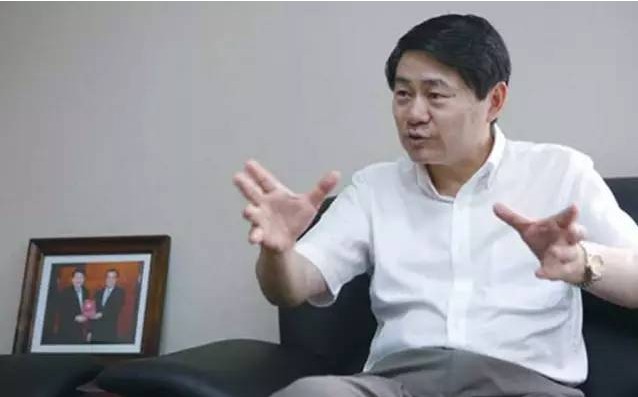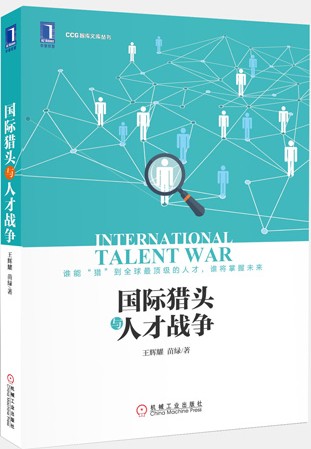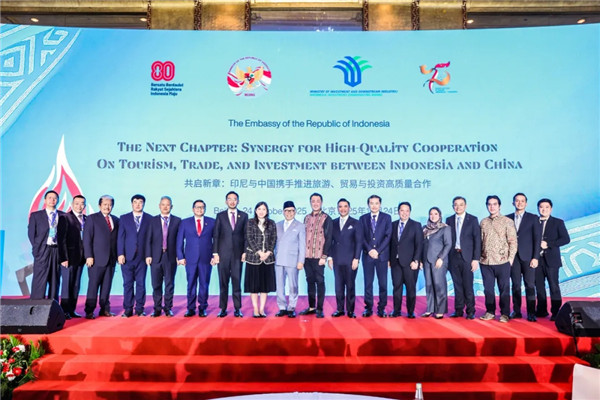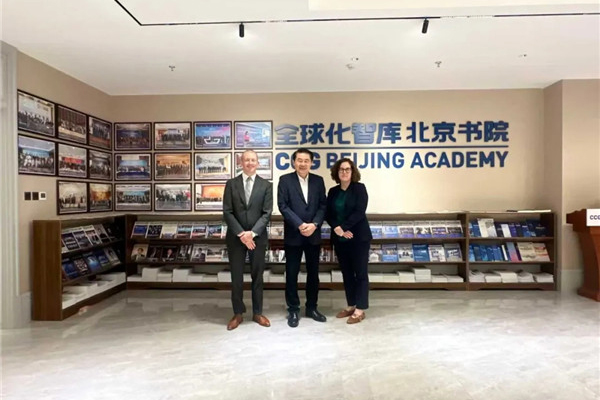【China Daily】Winning the talent war
2015年7月27日
Wang Huiyao, President and Founder of China Center for Globalization
China losing skilled professionals to overseas markets
China should use professional recruiters to help attract and retain international talent, according to an expert.
Wang Huiyao, President and Founder of the Center for China & Globalization(CCG) in Beijing, says it is time that Chinese companies, institutions and authorities use a professional recruitment service to help them bring in skilled people, especially high-level international talent, to the country.
"The international talent flow is constant now, and it is usually priced globally. Many companies are watching them, not only high-level talent, but also young talent, such as overseas students, interns, and investment immigrants," Wang says. "The talent war is fierce."
He says that in the United States, the number of investment immigrants from China has increased from dozens to thousands in a year. The US approved 10,000 investment immigrant visas last year, with about 8,500 from China.

Wang published the International Talent War this month, in which he introduced Chinese readers to a comprehensive view about the headhunting industry, including its history and current situation in the overseas and Chinese market. The book aims to explain why companies and institutions should adopt a professional service in the area of recruiting global talent.
"Chinese companies are becoming more international and want to explore the global market. China is now also working on many big projects, such as the Belt and Road Initiative and the Asian Infrastructure Investment Bank. All these require a reserve of talent."
Wang says Chinese authorities are gradually promoting headhunting services. There will soon be an office in Beijing’s Zhongguancun area, China’s equivalent of Silicon Valley, that will target such firms. Furthermore, it will become easier for multinational headhunting companies to operate in China once restrictions are relaxed. "Recruitment should be professional and systematic. It involves many aspects. For high-level talent, headhunters would have a series of evolution, testing and analysis process and target the right candidates. Headhunters also have a lot of experience in how to recruit people who will stay in a company, so what they bring in is talent and a whole system of managing it as well."
Most companies in China are unaware of how to use recruiters, he says. Universities put an advertisement in a newspaper, go through friends, head overseas or attend a job fair to look for senior talent.
He says China has now lost a lot of talent to overseas markets, with many people not returning to China. According to a US report released in 2013, about 87 percent of Chinese PhD students who graduated in science and engineering still remained in the US.
Wang also estimates that there are about 5,000 people at a senior level who can manage Chinese businesses with an international background. "I think our attention to talent attraction and retention is still far from enough," he says. He says he can feel the emphasis on talent attraction and retention in the US and some other Western countries, but some talent may feel undervalued in China, even though the country has a program for global experts. "We have many fine words but it is still difficult to make these promises into practice."
Wang says that Chinese companies and institutions should create an environment that is similar to the one found overseas, where international universal values are promoted and differences are played down. For example, in Southwestern University of Finance and Economics in Chongqing, there is a college that hires international talent, which brings overseas returnees and foreign experts together, creating an environment where they can get productive and fruitful results.
"Companies should do the same, so that international talent can stay and enjoy working in China," he says. The Chinese electronics firm Lenovo uses English in all its work emails to make the company international and to help its overseas employees to perform better.
Wang says that China’s international talent recruitment is still at an early stage. China should participate more in cultivating world talent, by inviting more overseas young talent to come and learn in China, appealing to senior management level talent in developing countries, and welcoming more visiting scholars. He believes all these people will contribute to China’s future development.
Wang says China should also cultivate technicians and engineers, as the skills of most Chinese manufacturing workers are inadequate. One reason is that these workers are unable to stay in one place because they do not have permanent residency in cities.
He suggests the government provide them with better working opportunities and living conditions in cities, so they can have stability and improve their skills.(By Chen Yingqun)
From China Daily, 24 July, 2015.






